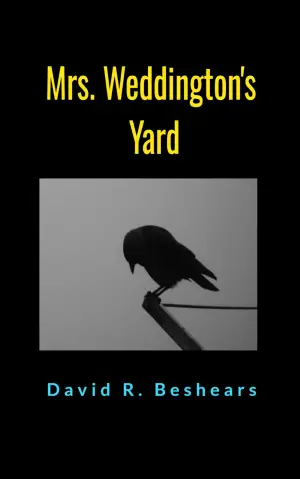Finding Wisdom in the Woes of Childhood: A Review of Vera, or Faith by Gary Shteyngart
When I first picked up Vera, or Faith by Gary Shteyngart, I was immediately captivated by the combination of the whimsical and the weighty. From the outset, the image of Vera Bradford-Shmulkin—a fifth-grade philosopher in a clip-on bowtie—felt like an embrace from my own childhood. It evoked memories of the wonder and confusion of growing up amid adult complexities that often felt suffocating. Shteyngart’s wit and clarity brought me back into a world that was all too familiar yet heartbreakingly different.
Vera, navigating the chaos of post-everything America, is equal parts innocent and astute. She homes in on the turmoil surrounding her—her parents’ failing marriage, the debates and betrayals of her classmates, and the fluctuating landscape of her family’s affections. Key themes of affluence, dysfunction, and the loss of childhood innocence permeate the narrative, drawing a poignant portrait of a girl attempting to find stability through lists and an artificial intelligence comforter named Kaspie. Vera’s absurdly earnest attempts to draft legislation in crayon for her parents echo the kind of improvised logic only a child could muster, reflecting the overwhelming need for love wrapped in the chaos of grown-up arguments about quinoa and magazine subscriptions.
Shteyngart writes with an observational precision that feels both poetic and unsentimental. The narrative unfolds with an interesting blend of humor and heartache, allowing readers to experience the weight of familial burdens through Vera’s perspective. Moments of levity, such as her meticulous notes on why her father should not leave, offer heartwarming insight amid the emotional spirals. I found myself chuckling and sighing simultaneously—his sharp critique of adult conversations was as enlightening as it was amusing. Lines like "children build moral frameworks out of cereal box aphorisms" lingered in my mind, opening my eyes to how even the simplest truths can carry profound weight.
The pacing held me in balance as well, alternating between moments of introspective depth and the hectic chaos of a school debate on a ludicrously exaggerated voting system. This fluctuation mirrors Vera’s life perfectly—one second a scholar, the next a child grappling with the mechanics of a world she longs to understand. Shteyngart adeptly captures that awkward in-between stage of childhood, where every interaction feels like a microcosm of greater societal issues.
In the end, Vera, or Faith captured my heart because it’s undeniably relatable. It reveals the painful truth that many adults gloss over: kids are far more perceptive than we give them credit for. Vera—a miniature Machiavelli—reminds us that while we adults often clutter our conversations with complexity, children see through the fog, unearthing simplicity where we see chaos.
This book will resonate with anyone who has felt the delicate balance between the innocence of childhood and the weighty realities of adulthood. It’s a bittersweet exploration of familial relationships, societal pressures, and the lingering hope that perhaps, just perhaps, we can find solace in connection. If you’re searching for a narrative that reflects both humor and the profound pains of growing up, Vera, or Faith will hold a mirror to your own childhood dreams and disappointments—truly a must-read for anyone who’s ever questioned the architecture of their own upbringing.






